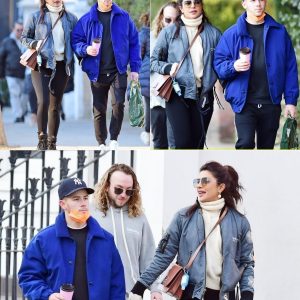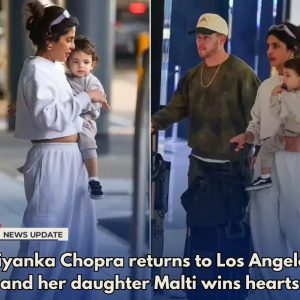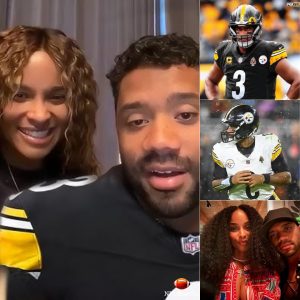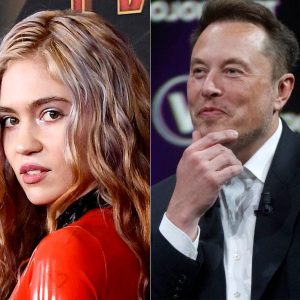“Our goal was to somewhat normalize it,” says Eric Kripke, showrunner. Three years later, Cecily Strong’s Goober the Clown skit from Saturday Night Live’s 47th season still has a lot to say.
The comedy was as a major source of inspiration for the Starlight/Annie January reveal in season 4’s “Wisdom of the Ages,” according to showrunner Eric Kripke of The Boys. This week, Firecracker (Valorie Curry) attempted to defame Annie once more in an episode that was released on Prime Video. She organizes an hours-long webcast event with the support of Vought, which ends with the release of Annie’s medical documents and her public abortion.
:max_bytes(150000):strip_icc():format(webp)/The-Boys-061924-1-19d5f8c04a6245d39b360d4e8400d781.jpg)
Erin Moriarty’s Starlight on ‘The Boys’ season 4.
Annie talks with Jack Quaid’s character Hughie after severely beating Firecracker for such a cheap and intrusive stunt. She tells Hughie that she felt terrible about the decision, that they weren’t ready for a child, and that she feels like she has to relive it every time someone brings it up. Hughie informs her, “It’s no one’s business but yours.”
“The overturning of Roe v. Wade was happening in real time as we were writing, so it was definitely on everybody’s mind,” Kripke tells. “But another inspiration for us was Cecily Strong.”

Strong appeared on “Weekend Update” on SNL season 47 as Goober the Clown as a way to talk about her own abortion while doing “fun clown stuff” to make the conversation “more palatable.”
“Who’s Cecily? I’m Goober!” she says in the sketch. “I wish I didn’t have to do this because the abortion I had at 23 is my personal clown business, but that’s all some people in this country want to discuss all the time, even though clown abortion was legalized in Clown v. Wade in 1973.”
“It really moved me,” Kripke recalls of watching that sketch. “What I think we were really trying to get across [on The Boys] is how common it is, and yet so few women can talk about it. So we were like, ‘Let’s just throw it out there and deal with it.’”
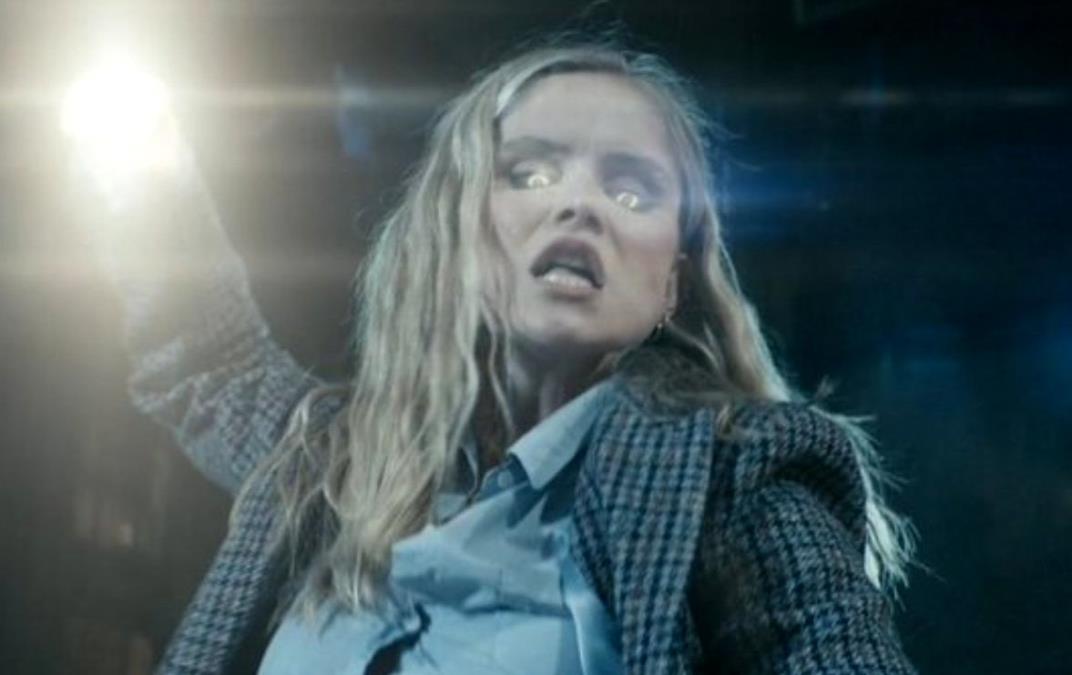
The writers’ room tried to handle the storyline for Annie as realistically as possible — despite being set in the over-the-top world of supes. “We spoke to a lot of women who had abortions, but the main thing we wanted to get across was it’s not a particularly massive, overdramatic thing. Kripke says, “It’s something that hundreds and thousands and thousands of women experience. “All we wanted to do was make it something normal. We saw value in that perspective, which is one that’s rarely seen in TV or movies, if you can discuss it in a major genre show without making it the most catastrophic, apocalyptic moment—rather, just a tough time that a woman went through and then carried on with her life.
